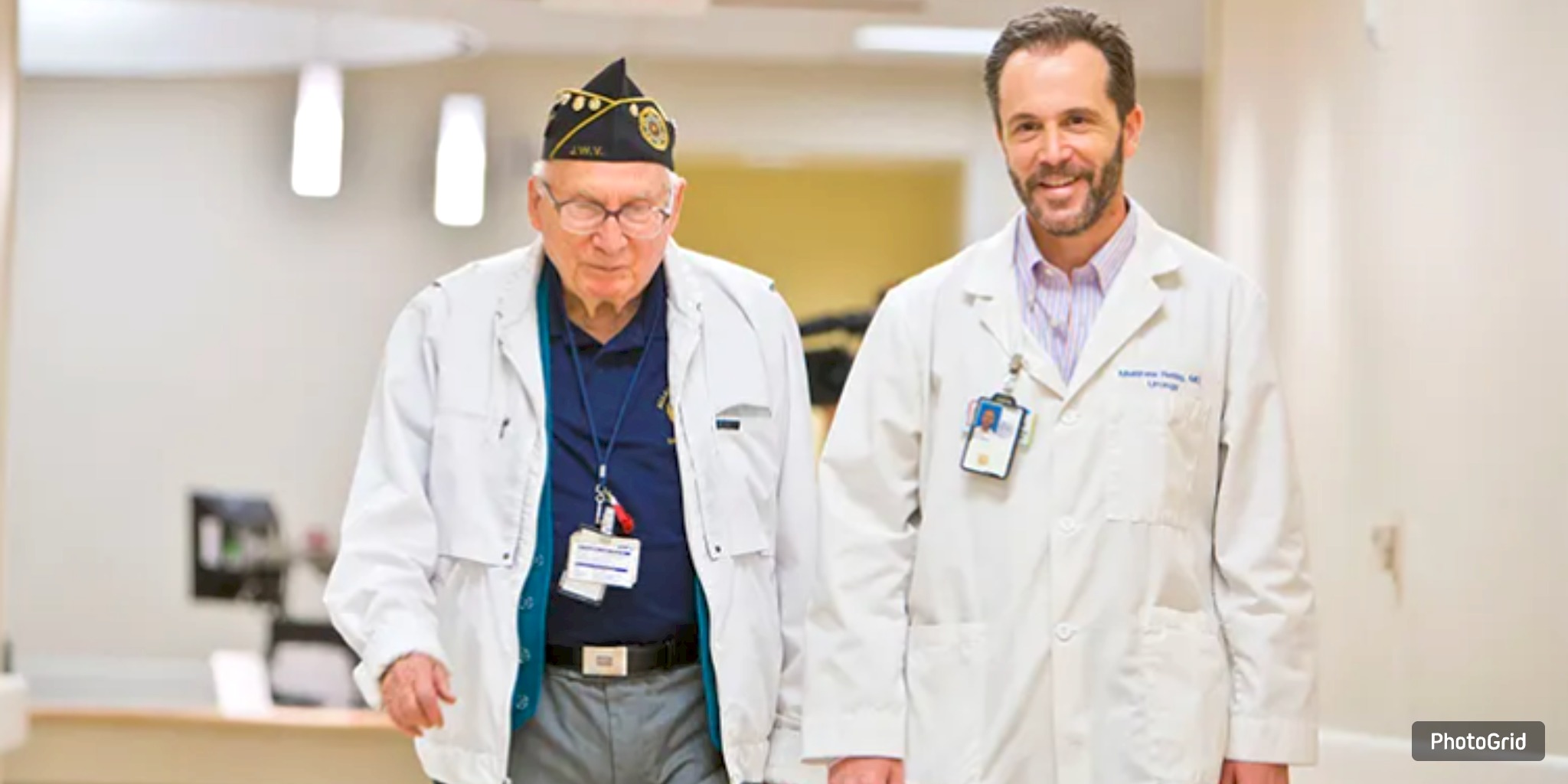


The efforts of over a million retired military veterans reportedly put an essential component of American genetic research at risk.
The Million Veteran Program (MVP), a significant initiative managed by the U.S. Department of Veterans Affairs (VA), has created one of the largest collections globally of DNA, health surveys, and blood samples. The objective is to reveal the genetic foundations of illnesses that impact veterans at a higher rate, including mental health issues and cancer.
However, despite its significant scientific potential, researchers are increasingly concerned that the program has stalled, raising concerns about its future sustainability.
Dr. Amy Justice, a Yale epidemiologist with extensive experience in working with the data, expressed concerns about the lack of communication surrounding the program. Justice and fellow researchers indicate that communication from the VA about MVP’s direction and ongoing support has significantly decreased, resulting in uncertainty among scientists about the agency's current priorities for the program.
Since its launch over ten years ago, the MVP has been instrumental in backing numerous peer-reviewed studies, offering fresh perspectives on issues such as anxiety, heart disease, and PTSD. A significant number of individuals within the research community regard it as a valuable asset to the nation.
Dr. David Shulkin, who served as Secretary of the VA during President Trump's administration, referred to the MVP as a valuable asset to the country. “Research conducted by the VA benefits not only veterans but also the entire American population.”
Shulkin highlighted that although the MVP was created to address health issues specific to veterans, its data holds significant potential—possibly aiding medical research for the broader population. Veterans frequently encounter distinct environmental factors, stressors, and injuries, positioning them as prime subjects for exploring the connections between genetics, trauma, aging, and disease.
Currently, experts are raising alarms that a lack of renewed dedication from the VA could jeopardize ongoing research initiatives and potential breakthroughs. The reliability of the information might decline, progress could stall, and trust from experienced contributors—many of whom provided their genetic material with the expectation it would support significant research—could wane.
The VA has not yet provided a public update regarding the program's status or the security of its long-term funding. As researchers seek clarity, the future of a groundbreaking and significant genetic research initiative in U.S. history remains uncertain.
Currently, supporters of the MVP are calling for openness and prompt measures to safeguard years of invaluable scientific advancements—and to pay tribute to the veterans who contributed to this achievement.
















From breaking news to thought-provoking opinion pieces, our newsletter keeps you informed and engaged with what matters most. Subscribe today and join our community of readers staying ahead of the curve.